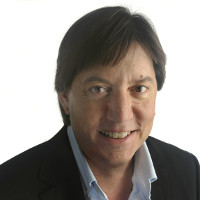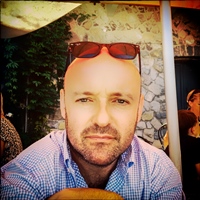Here are the presenters for the second day of the 2016 Lorne Trottier public science symposium series, Science and the Media: The challenge of reporting science responsibly.
JOEL ACHENBACH: How to Survive the Age of Bad Information

Joel Achenbach has been a staff writer for The Washington Post since 1990 where he has reported for the Style section, the Magazine, Outlook, and, since 2007, the national desk, focusing on science and politics. For seven years he wrote the syndicated column “Why Things Are.” In 1999 he started the newsroom’s first online-only column, "Rough Draft," and in 2005 began writing washingtonpost.com’s first blog, Achenblog, the longest-running blog of any major newspaper in America. He has taught journalism at Princeton and Georgetown University. His “Why” and “Rough Draft” columns have been collected in four books, and he has authored three books touching on science, history and technology: A Hole at the Bottom of the Sea, The Grand Idea: George Washington’s Potomac and the Race to the West, and Captured By Aliens: The Search for Life and Truth in a Very Large Universe.
TREVOR BUTTERWORTH: Facts, fiction, and science: where the lines become blurred

Trevor Butterworth is Executive Director of the non-profit Sense About Science USA. He has written for the New Yorker Online, the Harvard Business Review, Newsweek, The Financial Times, The Wall Street Journal, and many other publications. Trevor was educated at Trinity College Dublin, Georgetown University, and Columbia University's Graduate School of Journalism, and is currently a visiting fellow at Cornell University.